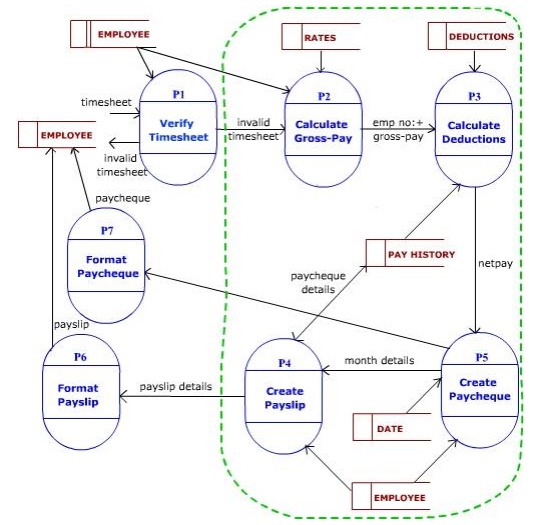What is Incremental model-
advantages, disadvantages and when to use it?
In incremental model the
whole requirement is divided into various builds. Multiple development cycles
take place here, making the life cycle a “multi-waterfall”
cycle. Cycles are divided up into smaller, more easily managed
modules. Each module passes through the requirements, design,
implementation and testing phases.
A working version of software is produced during the first module, so you have
working software early on during the software life cycle.
Each subsequent release of the module adds function to the previous release.
The process continues till the complete system is achieved.
For example:
Diagram of Incremental model:
Advantages of
Incremental model:
§
Generates
working software quickly and early during the software life cycle.
§
This
model is more flexible – less costly to change scope and requirements.
§
It is
easier to test and debug during a smaller iteration.
§
In this
model customer can respond to each built.
§
Lowers
initial delivery cost.
§
Easier
to manage risk because risky pieces are identified and handled during it’d
iteration.
Disadvantages of
Incremental model:
§
Needs
good planning and design.
§
Needs a
clear and complete definition of the whole system before it can be broken down
and built incrementally.
§
Total
cost is higher than waterfall.
When to use the
Incremental model:
§
This
model can be used when the requirements of the complete system are clearly
defined and understood.
§
Major
requirements must be defined; however, some details can evolve with time.
§
There
is a need to get a product to the market early.
§
A new
technology is being used
§
Resources
with needed skill set are not available
§
There
are some high risk features and goals.





No comments:
Post a Comment